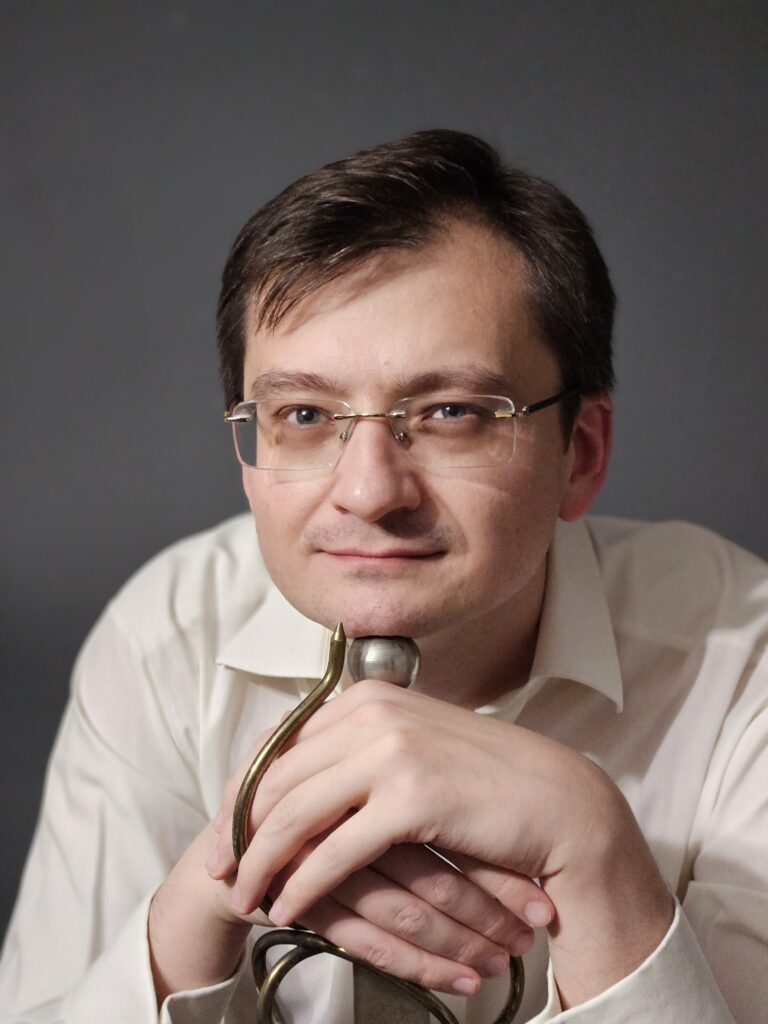For many years now, academic articles and books in various legal (and some other) disciplines have constituted a large share of my work as a translator. Recently, the share of books has been increasing.
I have translated — usually in the ‘wrong’ direction, i.e. from Polish to English — monographs and co-authored works in international law, history of law (including the history of constitutional, criminal, civil, administrative and international law), criminal law, as well as articles in civil law and procedure (including enforcement, i.e. foreclosures), criminal law and procedure (including enforcement, i.e. corrections), family law, international law, constitutional law, construction and planning (zoning) law, medical law, as well as theory of law, and legal linguistics (including works on legal translation).
Outside of legal fields, I have translated history (Antiquity, Middle Ages, Polish-Lithuanian Commonwealth, Congress Poland, Interwar Poland, Government-in-Exile, Polish People’s Republic, Third Republic), economy, business administration, non-legal philosophy, literature studies, and theology, including Biblical studies and Catholic social teaching (mostly on migration).
Not everyone can translate such materials, let alone into what is not the translator’s native language. That is not a task a random person off the Internet can handle, nor probably 9 out of 10 professional translators. If, instead, you give it to me, you will appreciate the difference, and so will your publisher, your reviewers and your readers.
I have also translated texts relating to universities as such — degree conferrals, disciplinary actions, grants and scholarships, as well as history of universities and academic life and developments in legal sciences.




